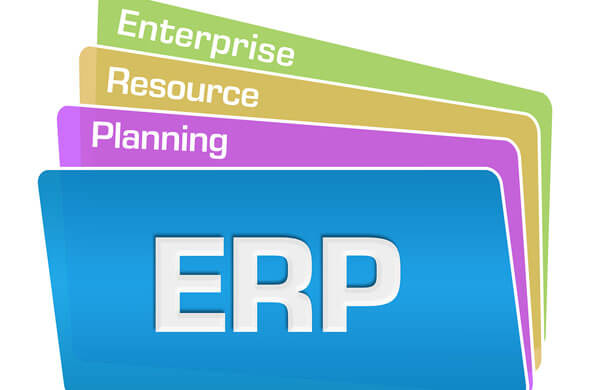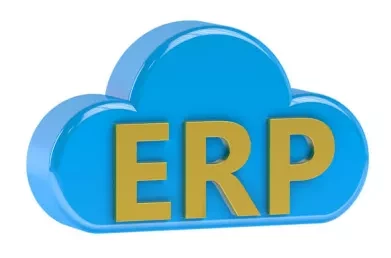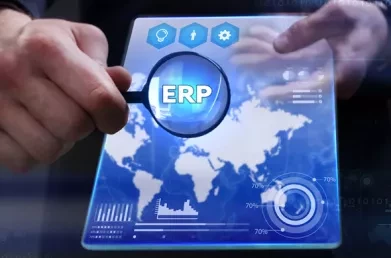ERP Package Versus Bespoke
Some organisations, when faced with the need to implement new Enterprise Resource Planning (ERP) systems, have to decide between a packaged system and a bespoke development approach. What are the factors in making this decision?
Having to decide between a packaged system and a bespoke development approach is a complex decision, and one which is not open to everyone. Most organisations neither have the time or the resources to develop systems in-house. However for some, an in-house development may well be a viable option. Some of the factors to be considered when deciding if a bespoke development is an option are:
- The “richness" of the functionality required.
- The volatility of the functional requirements.
- The organisation’s maturity in defining its business processes and systems requirements.
- Need for integration with other systems.
- The organisation’s capacity for software development and maintenance.
Some of the pros and cons of an ERP package versus a bespoke development are listed below:
ERP Package
Pros
- There is a huge range of ERP packages available in the market place.
- It will take between 3 and 6 months to go through a formal evaluation and selection process to choose the package that suits best.
- Generally ERP products are stable and well proven.
- Most systems have a good range of business and technical functionality and comply with international standards including IFRS and GAAP.
- Systems are supported, documented and an upgrade path is available.
- Systems can accommodate substantial levels of functional and technical change, configuration, personalisation and customisation.
- ERP vendors have proven experience of integration with other ERP systems and modules, often using standard interfaces.
Cons
- ERP packages have upfront licensing costs which are high, at least for the tier-one ERP packages. An annual maintenance charge will also apply.
- The ERP vendor owns the source code.
- It is difficult to influence the development path of the standard ERP product – if functionality is missing it will almost always mean a customisation.

Bespoke ERP Systems
Pros
- For complex and unique requirements it delivers a perfect fit with business functions.
- No user licence costs or maintenance fee.
- The organisation owns the source code.
- Bespoke developments are highly flexible.
Cons
- It is only an option for limited functional scope, and could take between 6 and 18 months to deliver.
- Development costs can be significant.
- Upgrades are not usually available and have to be contracted for separately.
- Integration between bespoke systems and others generally requires development of customised interfaces
- Rigorous testing is required, even after full deployment.
Each organisation will need to analyse the pros and cons in relation to its own unique set of functional requirements, project constraints and business environment. For most, ERP will be the best long-term option although it may not always seem so at first, because the upfront costs will be higher.
This blog was written by Frank Crewe, Principal Consultant at Lumenia. If you would like further information please send an e-mail to Frank Crewe.


